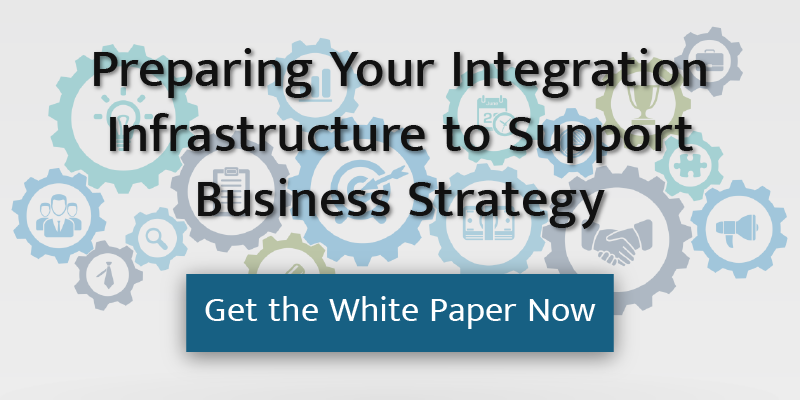
One of the most important steps in an integration project is to assess your current technological capabilities. A crucial component of your technological capabilities is your existing integration platform. Will it be up to the challenges of this project?
More specifically, is it secure? Can it handle a variety of databases, and does it possess automatic upgrading features for both cloud and on-premises solutions? Read on to learn how you can find the answers to these questions to ensure a successful integration.
Is Your Integration Platform Secure?
As you rely more heavily on technology, and especially data integration, the importance of security becomes even greater. Why is that the case?
Today, data comes from a wide variety of sources. It can be both internal and external. That information can also conceal threats such as viruses that could bring a company to its knees.
That is why integration platform security is vital. You must carefully assess if your integration platform has built-in security that can alert you to risks hidden in your data.
Can Your Integration Platform Handle a Variety of Databases?
As part of assessing your readiness for data integration, you need to know where your information is stored. Is it in a data warehouse? Do you utilize a data lake, or is it compartmentalized in a data mart?
These questions are important to ask, because data warehouses, data lakes, and data marts are different. A data warehouse only stores data already structured, while a data mart is a subsection within a data warehouse. A data lake stores raw data that has not been prepared for analysis.
Not every data integration platform is built to handle all of these databases. For example, some platforms are not equipped to handle integration with data lakes. Ascertain which data platform you are using to ensure the success of your integration project.
Does Your Integration Platform Possess Automatic Upgrading Features?
Here is something you will never hear: “I love software upgrades, and I cannot wait for them to come out!” There is a reason for that. While upgrades are necessary, they are also time-consuming. It is not uncommon (even in enterprise settings) to put upgrades off because they can lead to costly downtime.
If your integration platform possesses automatic upgrading features, that potential issue will not be a challenge for you. Your integration platform does everything for you. Those upgrading features should be available for both on-premises and cloud deployments. Companies should have the flexibility to choose which solution best meets their needs.
Your data integration platform is one of the most crucial ingredients in the success of an integration project. Without an integration platform that is up to the job, you simply will not achieve ROI. Security, flexibility, and an ability to self-upgrade are important features. To learn more about what you should look for in a data integration platform, contact us today.



